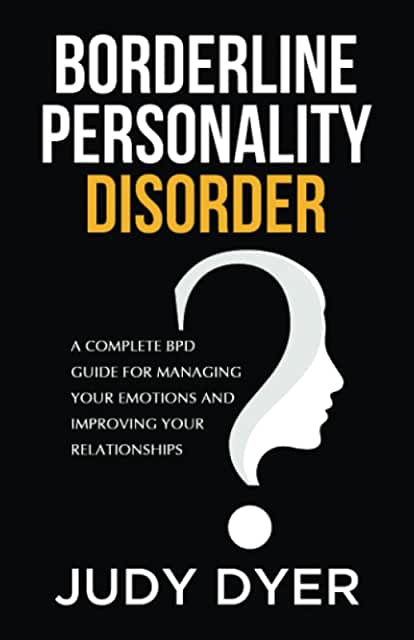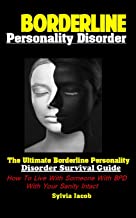Borderline Personality Disorder
Borderline personality disorder is a mental health disorder that impacts the way you think and feel about yourself and others, causing problems functioning in everyday life. It includes self-image issues, difficulty managing emotions and behavior, and a pattern of unstable relationships.
Cluster Number:
Wiki Number: W026
Diagnosis: Borderline Personality Disorder
US Patients: 1.6% in a year
World Patients:
Sex Ratio: M;F3
Age Onset: 18
Brain Area: frontolimbic neurons; hippocampus; orbitofrontal cortex; amygdala; dopamine
Symptoms: unstable relationships, strong emotional reactions, self-harm; paranoia
Progression: fear rejection and abandonment; highly impulsive, self-harm by cutting
Causes: child abuse; ptsd; heritability-50%;smaller amygdala, hippocampus – smaller; dopamine and estrogen involved
Medications: None help, but antipsychotics may reduce suicidal intentions; mood stabilizers may avert suicides.
Therapies: CBT helped 50% with personal relationships but lower percentages with vocational situations.
Youtube Video: What it feels like to live with
Borderline Personality Disorder.
Amazon or Library Book: Borderline Personality Disorder
Amazon or Library Book: Borderline Personality Disorder
Click the book to link or order from Amazon.
Click the book to link or order from Amazon.


